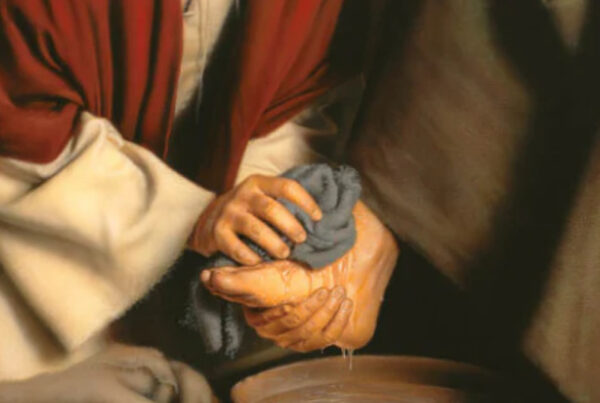Book of Amos: Chapter 3
In chapter 3 God continues His indictment of Israel. But now He refers to the entire nation (Judah included). He reminds them that they were His choice to be an example to the whole world of what it means to be human. Yet they took His blessings and favors as though God was obligated to them for something they had done for Him. Remember that Hosea’s story reflected this very theme. In verses 2-6, Amos employs language of the common people. In several examples he posits cause and effect relationships that are unmistakable to them. He does this for emphasis to convey the certainty of God’s judgment on Israel. Then in verses 7 and 8, he links the connection of his own words to God: God does nothing unless He first sends word by His prophets. Farmers and country people understood what it meant when they could hear the roar of a lion: their flock was in danger. Well, Amos lets them know that the One to be feared had spoken. Amos also lets them know that he has no choice but to speak when God has spoken.
God calls as witness the leaders and the powerful of Egypt and Philistia to see that He will indeed judge His own people for the same sins of which they are guilty. In the past, Israel’s enemies looted her and stored up her treasures in their fortresses and places of wealth. But what God was showing Egypt and Philistia is that Israel was doing the very same thing, but to her own people! How embarrassing that a nation who was groomed to be the prototype of righteousness to the world would now be seen by the world as a people who out-did them in unrighteousness even towards their very own. Israel’s oppression was not along her borders but within her midst! When Jesus came to Israel these practices were still continued. God says they know how to violate and plunder each other to store up wealth for themselves yet they don’t know how to do the things that they were taught, i.e. “…what is right.” (v. 10)
God declares that Israel’s stores of wealth in her fancy fortresses will be looted, and her strength diminished. What a message in a time of prosperity. Who would believe? The vessel for this task would be a neighboring country. In verse 12 Amos continues with the use of the language of the common people. If you’ve ever watched the Discovery channel and seen lions attack and devour their prey, this is the picture that God has Amos paint. Israel would be plucked by the enemy — a piece of her here, a piece there. At a time when her success and strength is unparalleled, she will suddenly be torn to bits, disheveled and scattered. Instead of a nation, God will only be able to rescue a few. Still addressing Philistia and Egypt, God calls them as witnesses to Israel’s sins and to His judgment. Israel had grown accustomed to hiding behind her own strength, the chief source of which had now become the idolatrous altars at Dan and Bethel. After the split of the nation the northern kingdom worshiped at these two altars, but Bethel was the holy parallel to Jerusalem in the south. These two holy places, once Yahweh’s holy places, were now corrupted with pagan worship. This is where Israel sought refuge. This place of man-made security is what God would utterly destroy. Then their other places of refuge — their numerous homes of wealth and leisure – would be his next target. In 722 BC, the armies of Assyria invaded Israel and carried out God’s judgment as Amos had delivered it 40 years earlier.
This chapter begins to uncover and mirror so much of our own lives today. America’s housing crisis of 2008 is very much a mirror of Israel’s society in Amos’ time. While the marginalized of society lose everything they have to chase ‘wealth’, at the encouragement of the wealthy and powerful, the latter load up their coffers from the demise of the poor. Those who lead the powerful financial structures no longer know what is right as they encourage the very investments they wager will fail, and profit from their failure. We live like this year in and year out, and like the frog in the warm water we never think that the water will eventually boil. We have become as comfortable as Israel had. We pray for God to come but know not what we pray for. God continues to beckon to us through His immeasurable kindness and love to return to His teaching. He rescues us daily and answers our prayers and yet instead of Him we choose to worship the things He gives us. Abraham knew He could not love Isaac more than the One who gave him his most precious possession—his son. He passed what God had all along intended to be a test of faith and love for Him. Will we?
Key Verse:
“They do not know how to do right,” declares the Lord, “who store up in their fortresses what they have plundered and looted.” ~ Amos 3:10
Questions to ponder:
- What does it really mean to you to fear God? Is it stronger than fearing any loss in life?
- Do your actions betray your knowledge of what is right?
- Is it right and good to treat the marginalized of our society with basic human respect?


